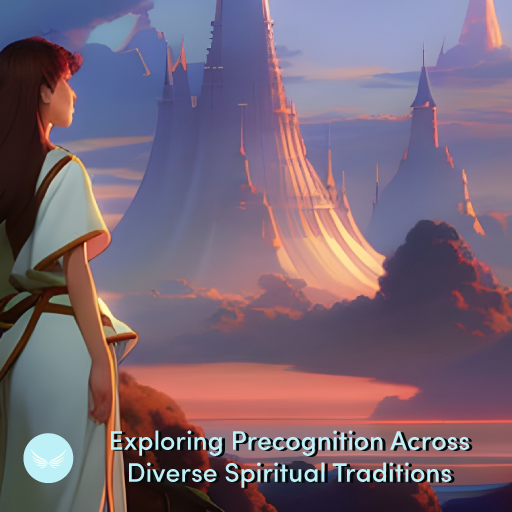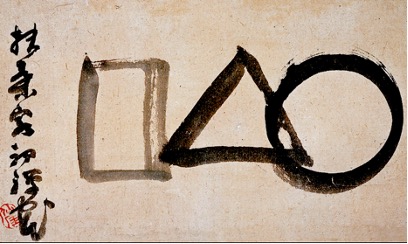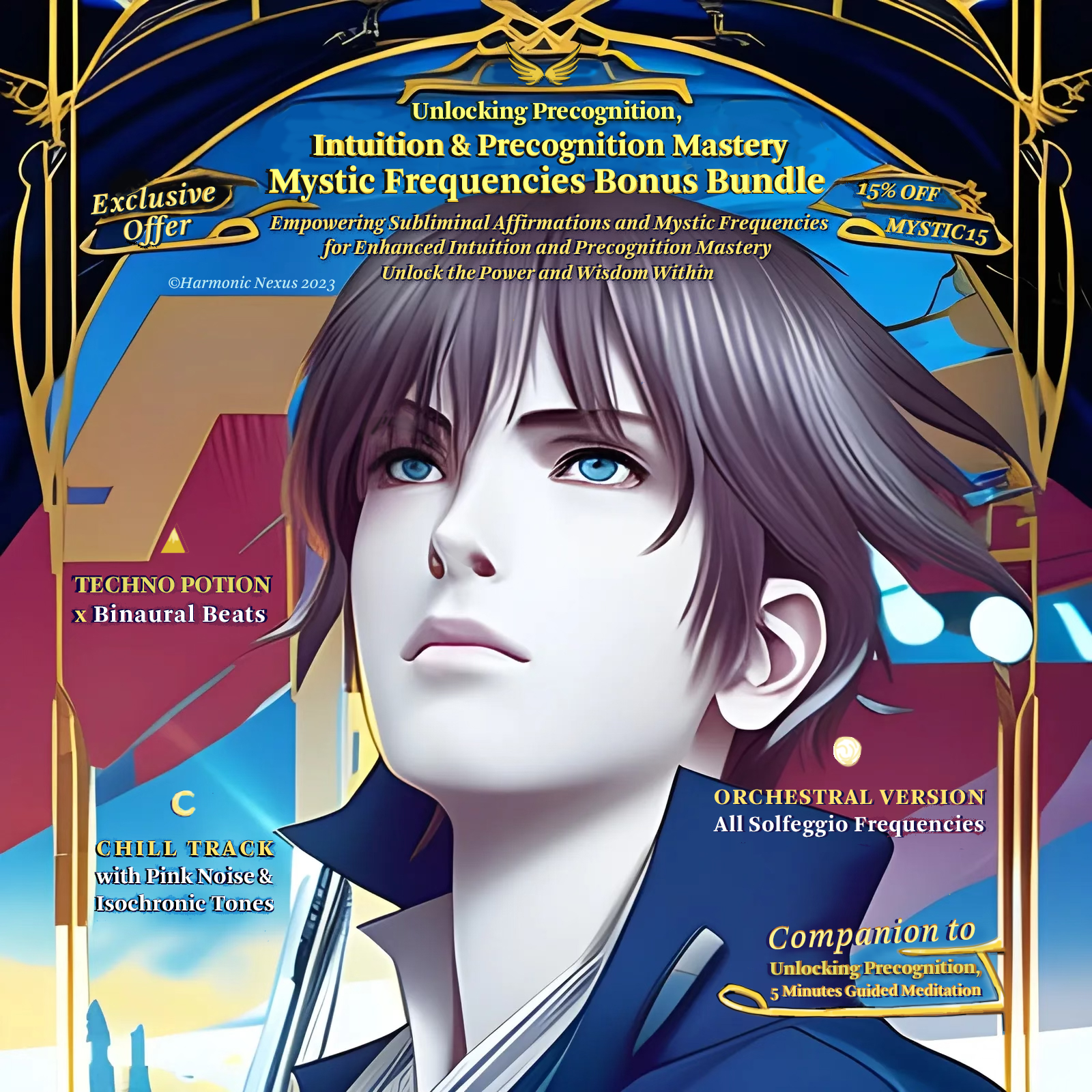Your cart is currently empty!

Precognition Across Diverse Spiritual Traditions

The concept of precognition, or the ability to foresee future events, has intrigued humanity across cultures and epochs. It transcends geographical boundaries, finding expression in various spiritual, philosophical, and religious traditions. This article delves into references to precognition from a range of texts and cultures, highlighting the universal fascination with glimpsing the future.
In Islamic Tradition: Surah Al-Hadid (Chapter 57), Verse 22
In the Islamic tradition, Surah Al-Hadid, Chapter 57, Verse 22, states, “No disaster strikes upon the earth or among yourselves except that it is in a register before We bring it into being – indeed that, for Allah, is easy.” This verse alludes to the preordained nature of events, suggesting a divine foreknowledge of future occurrences.
The Old Testament: Joel 2:28-29
The Book of Joel, Chapter 2, Verses 28-29, proclaims, “And it shall come to pass afterward, that I will pour out my spirit upon all flesh; and your sons and your daughters shall prophesy, your old men shall dream dreams, your young men shall see visions.” This Old Testament passage speaks to the potential for prophetic insight and dreams as a means of perceiving the future.
In Tantra: Rudra Yamala Tantra, Chapter 1
The Rudra Yamala Tantra, an ancient Tantric text, touches upon various spiritual practices, including those related to clairvoyance and precognition. While not explicitly defining precognition, it underscores the broader context of esoteric knowledge and heightened perception.
The Sanatana Dharma Epic: Mahabharata, Book 12 (Santi Parva), Section 328
In the Mahabharata, Book 12, Section 328, philosophical discussions touch on higher states of consciousness and intuitive knowledge. Although not solely focused on precognition, the text provides insights into profound metaphysical concepts.
Bhagavad Gita: Chapter 15, Verse 10
The Bhagavad Gita, a revered scripture extracted from the Mahabharata ; In Chapter 15, Verse 10, states, “The foolish do not perceive Me when clothed in this human form; they do not recognize Me as abiding in all beings. But the enlightened one does see Me.” This verse hints at an elevated perception beyond conventional understanding.
In The Upanishad: Chandogya Upanishad, Chapter 8, Section 7
The Chandogya Upanishad, in Chapter 8, Section 7, delves into profound metaphysical concepts, including the nature of consciousness and knowledge. While not directly addressing precognition, it contributes to the broader discourse on heightened states of awareness.
From Yogic Philosophy: Yoga Sutras of Patanjali, Book 3 (Vibhuti Pada), Sutra 16
The Yoga Sutras of Patanjali, in Book 3 (Vibhuti Pada), Sutra 16, state, “तत्त्वज्ञानार्थदर्शने कारणम् ॥” , “Tattvajñānārthadarśane kāraṇam॥” which translates to, “The cause of acquiring knowledge of the truth is a perception of the past and the future.”
A Chinese Classic: I Ching (易經)
The I Ching, or the Classic of Changes, an ancient Chinese divination text, explores the dynamics of change and the cyclical nature of events. The I Ching emphasizes the interplay of opposing forces and the cyclic nature of events as a means of understanding the flow of time and change.
In Tibetan Buddhism: “The Tibetan Book of the Dead”
Also known as the Bardo Thodol, this Tibetan Buddhist text provides guidance on navigating the intermediate state between death and rebirth, touching upon clairvoyant experiences. One of the verses from this text states, “O nobly-born, listen. Now thou art experiencing the Radiance of the Clear Light of Pure Reality. Recognize it.”
From Ancient Greek Philosophy: Plato’s Dialogue “Phaedrus”
Plato’s dialogue “Phaedrus” delves into the nature of divine madness and the ability to foresee future events. While not explicitly labeled as precognition, the text explores themes of foresight and prophetic abilities, demonstrating the ancient Greeks’ contemplation of prescient knowledge.
& in Greek Tradition: The Oracle of Delphi
The Oracle of Delphi in ancient Greece was a revered prophetic institution where priestesses channeled the god Apollo’s prophecies. The Oracle played a significant role in ancient Greek culture, reflecting their fascination with foresight and prophecy.
The diverse references to precognition across these various traditions underlines the enduring human quest to understand and gain insight into the mysteries of the future. While framed within distinct cultural and philosophical contexts, the underlying fascination with foresight and prophetic knowledge is a shared facet of our spiritual and intellectual heritage.

Enhancing Spiritual Practice with Koans, Ancient Wisdom for Modern Times

Telepathy in Healing, A Powerful Tool for Transformation

Intuition & Precognition Mastery Empowering Affirmations

Leave a Reply